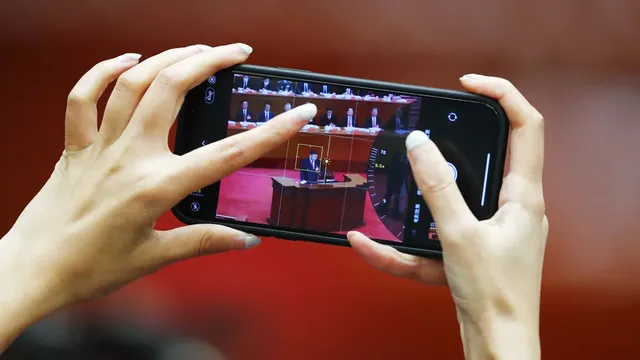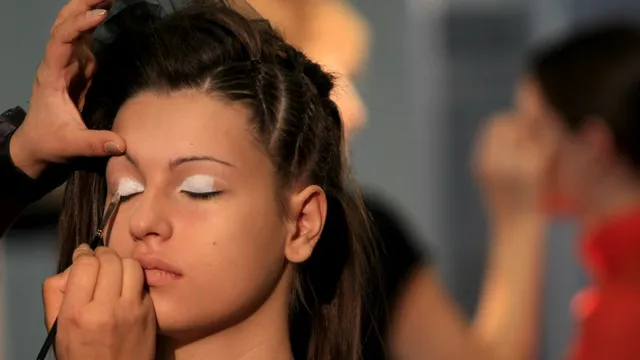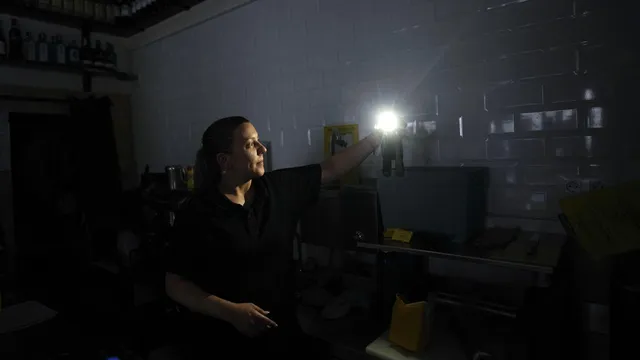Sleep, a fragile pillar of the mental health of teenagers (and not only), is the first victim of the phone secretly turned on under the covers. Late nights, restless nights, difficult awakenings: the negative impact of screens on the quality of our sleep is well known, and their consequences have been widely documented, as The Atlantic notes.
But poor sleep also opens the door to anxiety, depression, and risky behavior. According to psychologists Jonathan Hyde and Lisa Damour, if we had to adopt just one rule, it would be one that prohibits all screen use in the bedroom. Its benefits would go beyond its impact on our sleep: not only does it curb the compulsive behavior that is common when we surf alone in the dark, but above all, it reminds young people that their digital space is public.
If screen use occurs in common areas of the home, we can also establish a form of discreet transparency that can encourage family conversations. This could also create an atmosphere in which you can share moments of closeness and learn more about your children. “Watching TikTok together or talking about the latest trends is a way to build a bond,” explains Lisa Damour.
But be careful: in order to respect this rule, it is recommended that parents also follow it. Psychologists point out that adults are almost always the best role models for their children. So consider providing alternatives, such as a traditional alarm clock or a radio, so that everyone has this function. At night, the whole family’s phones can be charged and stored together in the same room.
Of course, exceptions can be made later, if maturity and a sense of responsibility are present. Accepting a single call from a close friend is also not uncommon in a family environment where you trust your child and vice versa.
Ultimately, this isn't just a technological rule; it's a big open invitation to redraw the line between personal space and public space. What if in a few years today's teenagers thank their parents for giving them back their nights and the ability to sleep? I BGNES

 Breaking news
Breaking news
 Europe
Europe
 Bulgaria
Bulgaria







